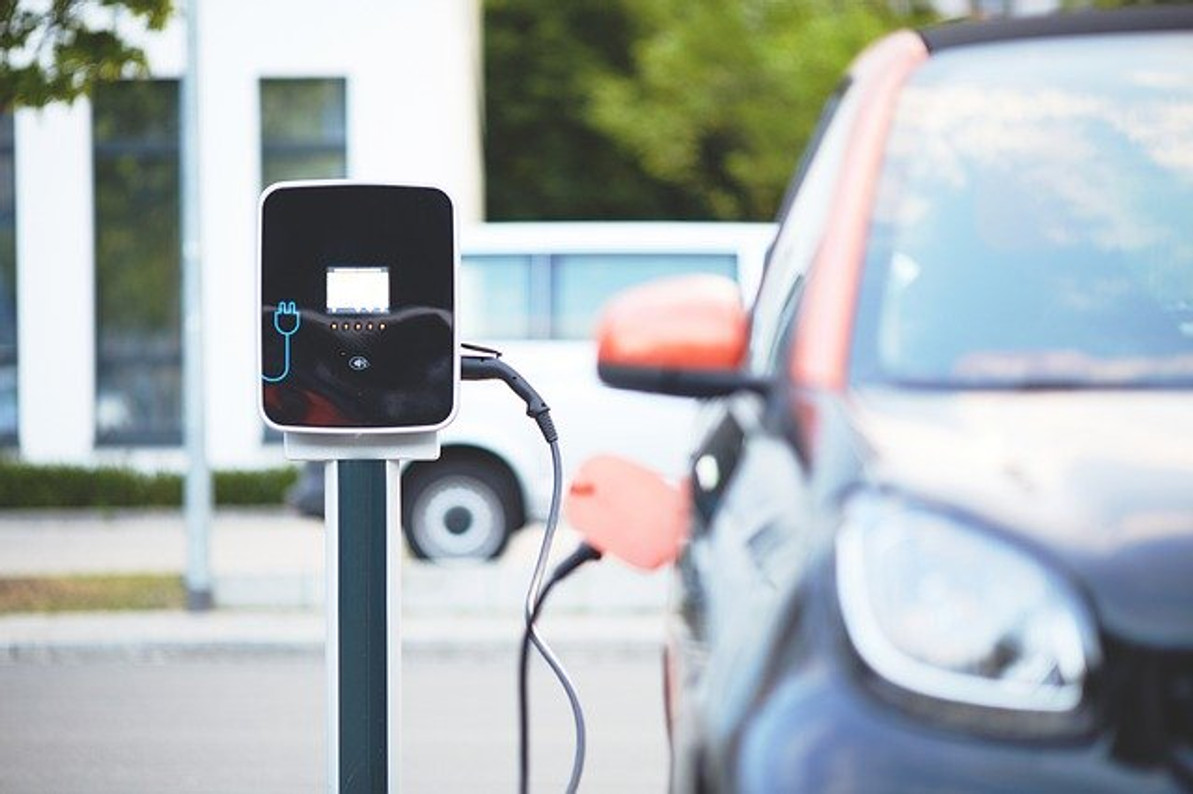New Study Scrutinizes the Security of Smart Cars
Smart cars aren't just a science-fiction concept; they've become a reality. You can now find autonomous, self-driving cars on roads from the East Coast to the West Coast. While the technology is still relatively new, however, experts are sounding the alarm over their inherent risk of hacking.
According to a study conducted by researchers from Michigan State University, smart cars pose two primary security concerns. First, there's the possibility that smart cars can be hacked for the purpose of stealing the driver's or owner's personal data. Like other smart devices, smart cars typically store sensitive data. If a hacker digitally infiltrates a smart car, he or she may be able to steal the driver's or owner's personal data.
Second, smart cars could be hacked and, thus, controlled remotely by a hacker. They are called "smart cars" because they contain high-tech features, such as self-driving, that eliminate or mitigate the need for manual controls. While convenient, however, smart cars pose the risk of hacking. If a hacker infiltrates a smart car, he or she could control it remotely -- even if there's one or more passengers inside. Researchers believe this, along with the potential for data theft, are two of the main security concerns regarding smart cars.
"Automotive cybersecurity is an area we don’t understand well in the social sciences. While there are groups of computer scientists and engineers digging into some of the issues, the social aspects are extremely relevant and under-examined,” said the study's lead author and researcher in a press release.“As the technology gets greater market share, it’s critical to get ahead of the curve before there are issues we can’t rein in.”
The good news is there are ways for drivers and owners of smart cars to protect against cyber attacks, one of which is to update their vehicle's software on a regular basis. Like all other devices, smart cars are powered by software. If the software powering a smart car isn't updated for an extended period, it may contain a security vulnerability that hackers can use to infiltrate it.
Smart cars are here -- and they are here to stay. With the rise of smart cars, however, comes the potential for hacking. As revealed by Michigan State University researchers, smart cars can be hacked to steal the owner's or driver's personal data, or they can be hacked for the purpose of controlling them remotely.
Recent Posts
-
Fire Safety in the Workplace: What You Need to Know
What steps are you taking to prevent fires in your workplace? According to the U.S. Occupational Saf …Aug 23rd 2023 -
Is It Safe to Go Jogging With a Cold Infection?
If you're suffering from a cold infection, you might be wondering whether it's safe to go jogging. T …Aug 22nd 2023 -
5 Safety Tips to Follow When Using a Powder-Actuated Tool
Powder-actuated tools are commonly used to join materials to steel and concrete. Also known as Hilti …Aug 20th 2023




